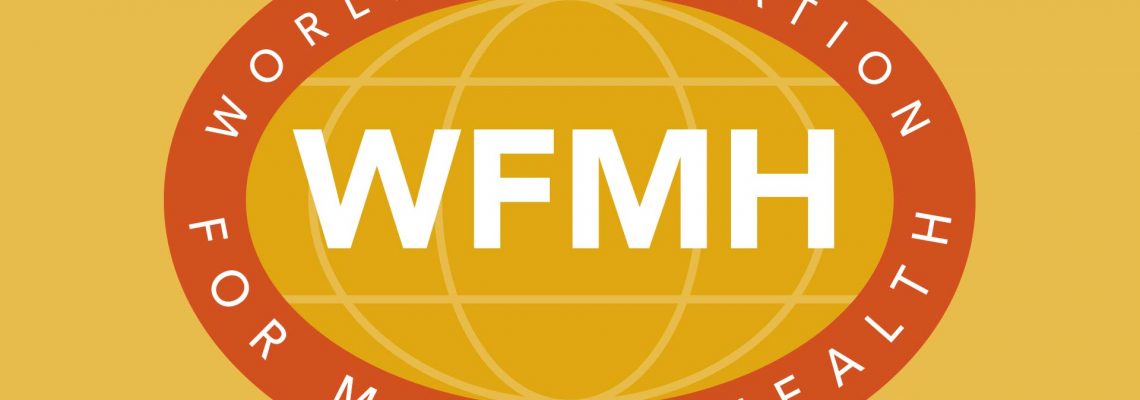Statement by Dévora Kestel

Director a.i. NMH
WHO
Director a.i., Department of Noncommunicable Diseases and Mental Health
World Mental Health Day – 10 October 2025
About 305 million people will need humanitarian assistance and protection in 2025. Every emergency has two faces: one in shattered infrastructure (hospitals, schools, homes), the other in disrupted lives. We must respond to both.
One in five people in emergencies lives with a mental health condition — yet mental health support is still treated in many responses as optional. Today, an estimated 67 million people with mental disorders are living in conflict, disaster, or displacement settings. Their needs are not marginal — they are among those most affected. Most people with mental health conditions in humanitarian settings — including those with pre-existing conditions — receive no care at all — an equity gap we cannot ignore. Mental health support in emergencies is not charity and not optional — it is survival, dignity, and the foundation of recovery.
My own journey with WHO began in Kosovo, my very first deployment, where I saw a society rebuilding after war and helped shape the transition from institutions to community-based mental health care. Later in post-emergency Albania, I again witnessed how reforms and deinstitutionalization can take root and grow, changing lives, when local authorities and communities work side by side with WHO support. More recently, in Ukraine in 2023, I met health workers and families who, even in the middle of bombardment, continued implementing mental health system reforms begun before the war — proof that even in crisis, progress is possible and must be protected.
Preparedness pays off: every dollar invested in preparedness saves many in response. In 2019, only 28% of countries prepared for mental health and psychosocial support (MHPSS) in emergencies. Today, according to Mental Health Atlas, it is 48%. Coordination is possible: in 2019, fewer than half of emergencies had an MHPSS coordination mechanism. Today it is 71% — proof that when we invest, people receive coordinated care and better referral of services. MHPSS is no longer an afterthought: 85% of emergencies now report providing mental health support — but coverage and quality still fall short. Mental health workers are often among the first to listen and need to stay. Their courage and sacrifice mirror those of other frontline workers; like them, they need protection, supportive supervision, and time for self-care. WHO is supporting mental health in over 40 emergencies today, backed by a global interagency surge roster of 600 specialists, with 15 deployments in just the past six months. A global gold standard for the MHPSS response is represented by the MHPSS Minimum Services Package and can be used by all sectors in all emergencies. In emergencies, decisions need to be made quickly, and funding needs to be allocated, so that priority actions can be taken. The MSP gives guidance to coordinate essential activities and to ensure they reach the affected people.
In 2024, WHO provided life-saving psychotropic medicines to 2.1 million people with severe mental illness in conflict settings like Sudan, Chad, and Ethiopia, and helped rebuild systems in Myanmar, Syria, and Lebanon. Yet in early 2025, country requests for these essential medicines dropped by 96% due to the sudden vanishing of international funds — leaving people with severe conditions, in the middle of crisis, without support. In humanitarian settings, when funding disappears, the impact is immense.
In 2024, Member States unanimously adopted a milestone resolution at the World Health Assembly — the first in history to call for MHPSS across preparedness, response, and recovery. This is a turning point — if we choose to act on it, all of us together as a priority.
The most powerful form of humanitarian aid may sometimes be a safe place to tell your story. The most common condition in an emergency is not a physical wound, but grief. A broken bone heals in weeks; a destroyed home can be rebuilt in months; but the mental health effects, if ignored, can last a lifetime. People cannot survive on food, water, and shelter alone. With mental health support, people have the opportunity to cope, recover, heal, or rebuild.
Dévora Kestel
Director a.i. NMH
WHO

